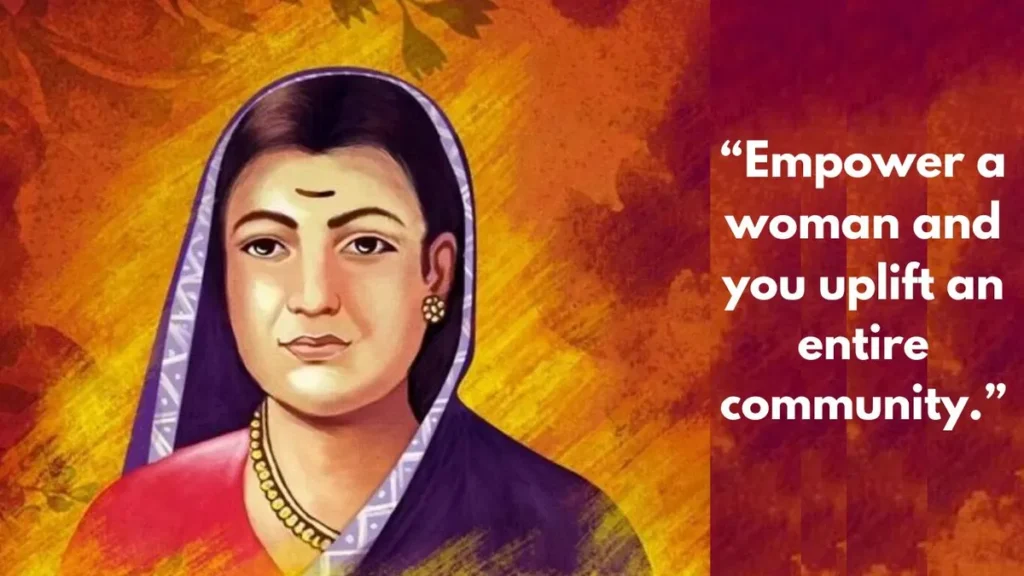Education is a powerful tool for gender equality, women’s empowerment, and social change, yet millions of girls worldwide still face barriers to learning. Feminism in education advocates for equal rights, policy reforms, and inclusive learning environments, ensuring that girls have access to quality education. By challenging gender stereotypes, pushing for legal protections, and promoting economic opportunities, feminism plays a crucial role in dismantling systemic inequalities and enabling girls to pursue careers, leadership roles, and financial independence.

How Feminism Has Transformed Girls’ Education
Feminism has historically played a key role in advancing girls’ education by advocating for:
- Legal Reforms – Laws mandating universal education and banning child marriage.
- Breaking Stereotypes – Encouraging girls to pursue STEM, leadership, and sports.
- Economic Empowerment – Pushing for scholarships and financial aid for girls.
- Safe Learning Environments – Addressing harassment, menstrual stigma, and school dropout rates.
Inspiring Female Role Models for Young Girls
Strong female role models inspire young girls to pursue their dreams despite societal barriers. Here are some women who have broken stereotypes and paved the way for future generations:
- Malala Yousafzai (Education Activist): A Nobel Laureate, Malala has been a global advocate for girls’ education, fighting against oppressive regimes that deny girls their right to learn.
- Kalpana Chawla (Astronaut): Is the first Indian woman in space, Kalpana Chawla proved that women can excel in STEM fields and push beyond limitations.
- Indira Gandhi (India’s First Female Prime Minister): A strong political leader, Indira Gandhi demonstrated that women can hold powerful leadership positions and shape national policies.
- Mary Kom (Boxer and Olympian): Mary Kom’s journey from a small village to becoming a six-time world boxing champion shows the power of perseverance and breaking stereotypes in sports.
- Kiran Mazumdar-Shaw (Biotech Entrepreneur): One of India’s most successful businesswomen, Kiran Mazumdar-Shaw has revolutionized biotechnology, inspiring young girls to pursue careers in science and entrepreneurship.
- Sudha Murthy (Author & Philanthropist): As a renowned author and social worker, Sudha Murthy has contributed to education and women’s empowerment through her philanthropic initiatives.
Barriers to Girls’ Education and the Feminist Response
1. Gender Stereotypes and Curriculum Bias
Traditional beliefs often restrict girls to “soft” subjects while discouraging them from fields like science, technology, and politics. Feminist movements push for gender-neutral curricula and diverse role models in textbooks.
2. Child Marriage and Early Dropouts
Many girls are pulled out of school due to societal expectations of early marriage. Feminist advocacy has led to stricter laws and awareness campaigns, helping delay marriage and prioritize education.
3. Economic Constraints
Families often prioritize boys’ education over girls’, citing financial constraints. Feminism promotes equal access through scholarships, government programs, and incentives like free sanitary pads and midday meals to keep girls in school.
4. Harassment and Unsafe School Environments
Sexual harassment and safety concerns prevent many girls from continuing their education. Feminist policies demand stricter laws, gender-sensitized teachers, and safe transport options to make schools more accessible.
Policies and Programs Advancing Girls’ Education in India
- Beti Bachao, Beti Padhao – Encourages education and empowerment of girls.
- National Scheme of Incentives to Girls for Secondary Education – Provides financial aid to reduce dropout rates.
- Kasturba Gandhi Balika Vidyalaya (KGBV) – Residential schools for disadvantaged girls.
- The Right to Education (RTE) Act – Guarantees free and compulsory education for all children, benefiting girls in marginalized communities.
The Future of Feminism in Girls’ Education
Feminism continues to push for policies that ensure girls receive quality education, career opportunities, and leadership roles. Moving forward, the focus must be on:
- Encouraging more women educators and mentors
- Ensuring equal pay and opportunities in academia and the workforce
- Integrating gender studies into school curricula
Conclusion
Feminism is not just about women’s rights; it’s about equal opportunities for all. By fighting for gender-inclusive policies and challenging stereotypes, feminism ensures that education empowers girls to dream big, lead boldly, and break barriers. Investing in girls’ education today means building a more just and equal world for the future.
